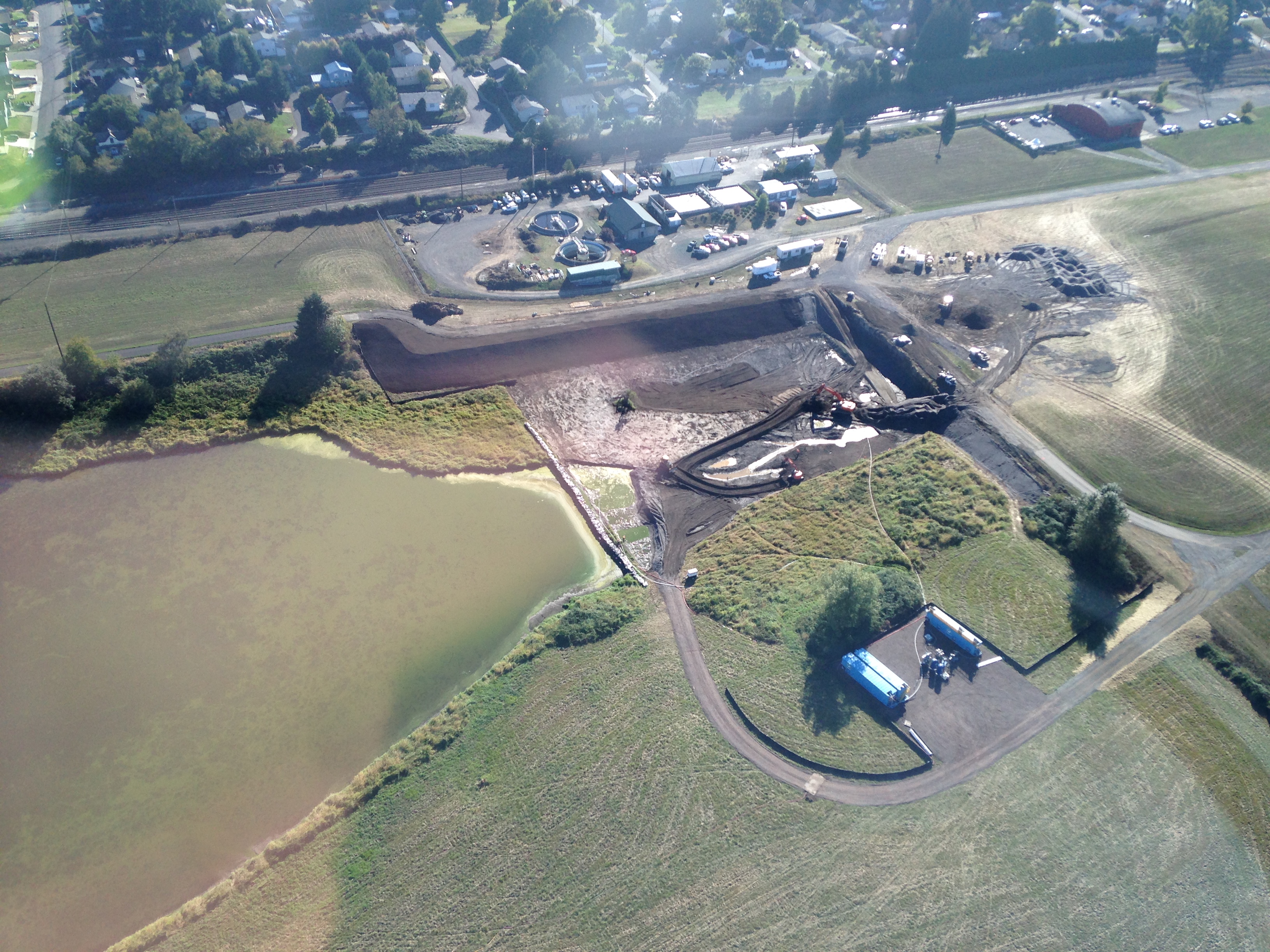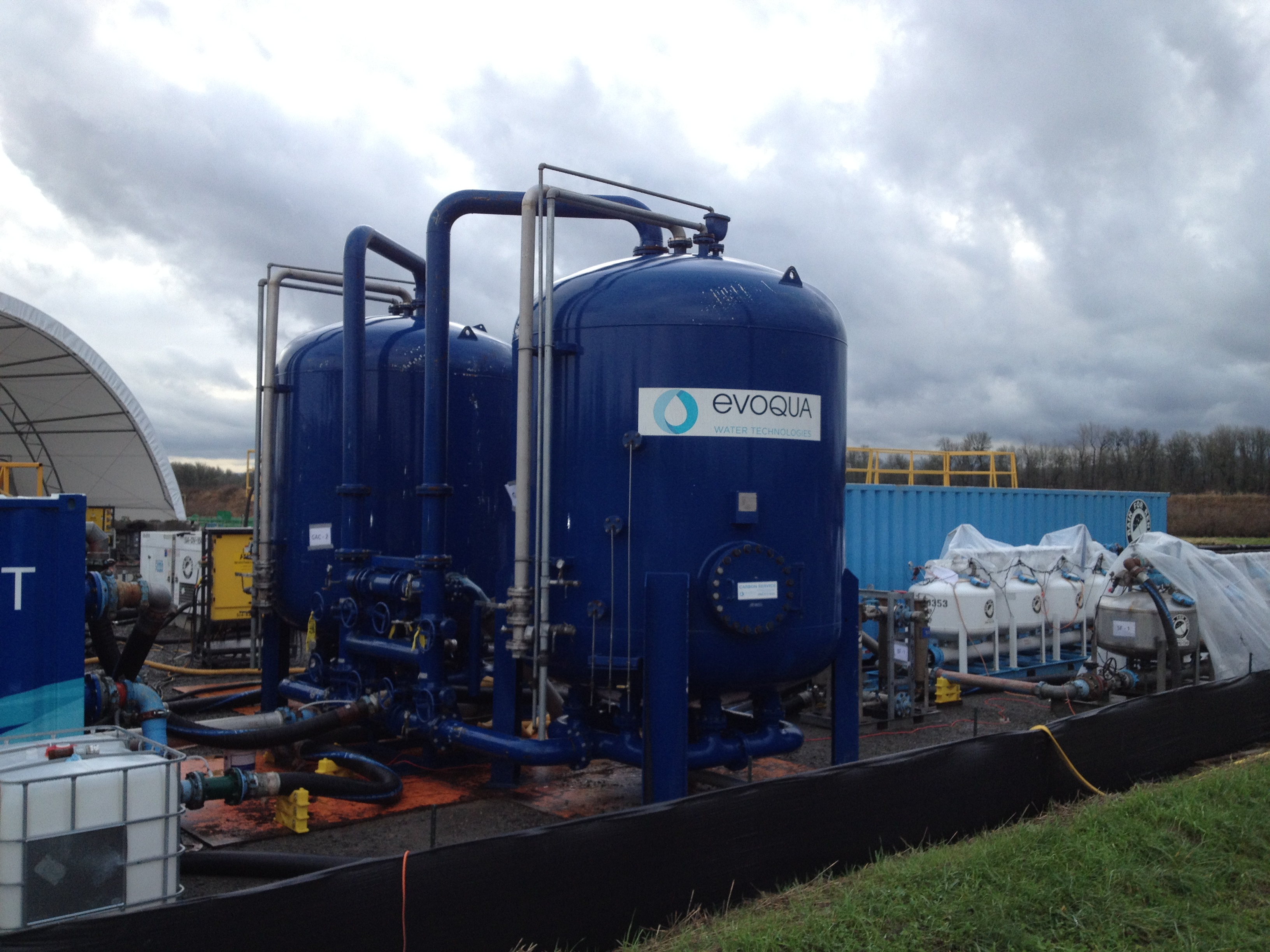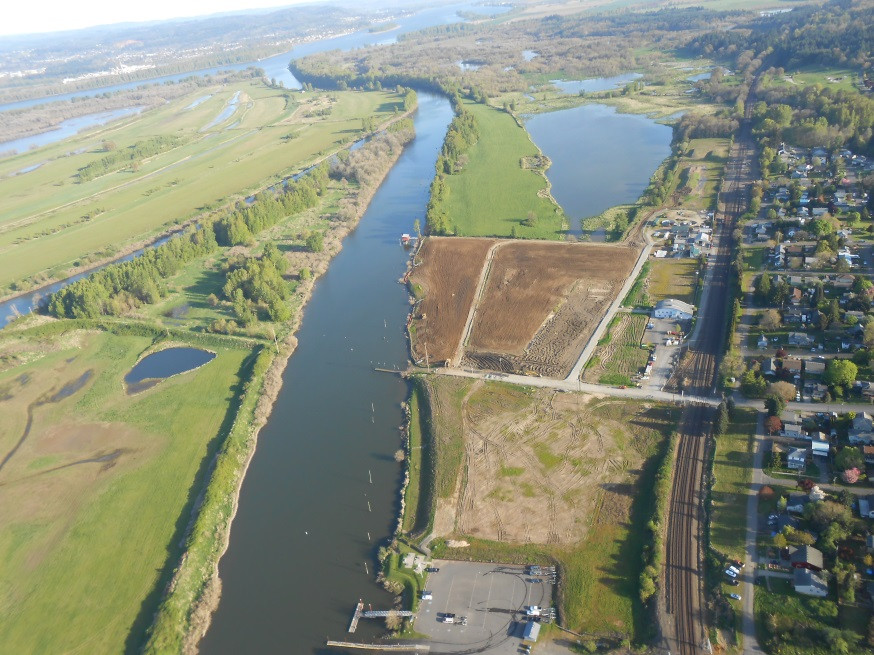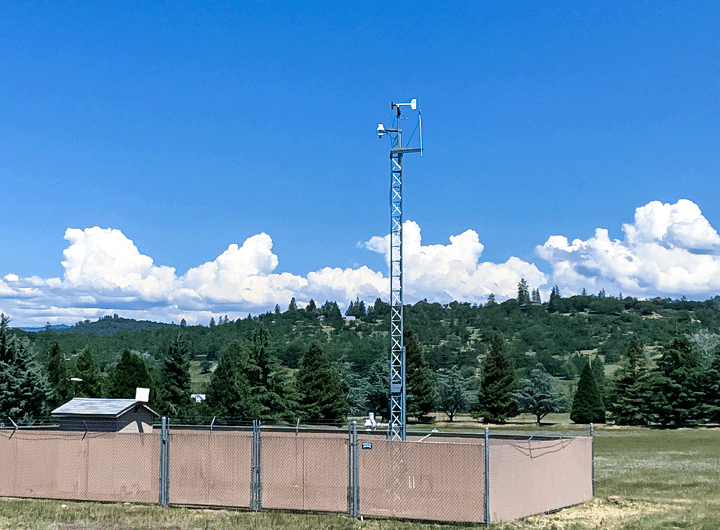Press Release
Stormwater Permitting and MFA: Smart, Early Planning Leads to Success

 The Washington State Department of Ecology (Ecology) recently implemented a program to assign construction stormwater general permit (CSWGP) coverage to sites that have known contamination and that may discharge potentially contaminated stormwater or dewatering water to surface water during construction activities. Because the CSWGP includes regulations only for discharge turbidity and pH, permit coverage is typically accompanied by an administrative order—a legal agreement between the state and the permittee—to allow discharge while ensuring that water quality is protected. The administrative order establishes indicator levels for chemical contaminants that may be present in stormwater; stormwater testing protocol; and any specific treatment technologies to be employed.
The Washington State Department of Ecology (Ecology) recently implemented a program to assign construction stormwater general permit (CSWGP) coverage to sites that have known contamination and that may discharge potentially contaminated stormwater or dewatering water to surface water during construction activities. Because the CSWGP includes regulations only for discharge turbidity and pH, permit coverage is typically accompanied by an administrative order—a legal agreement between the state and the permittee—to allow discharge while ensuring that water quality is protected. The administrative order establishes indicator levels for chemical contaminants that may be present in stormwater; stormwater testing protocol; and any specific treatment technologies to be employed.
Maul Foster & Alongi, Inc. (MFA) has been on the cutting edge of construction stormwater permitting for contaminated sites. MFA has helped one particular client, the Port of Ridgefield, navigate the permit process and successfully execute three projects subject to administrative orders within the past year. MFA has also helped clients find options to avoid the administrative order altogether when possible.

Recognizing MFA’s leadership in this field, I was asked by the Northwest Environmental Business Council to be part of a panel at the recent Stormwater in Washington conference in Tacoma. The panel also included Amy Moon, Ecology’s CSWGP permit writer; Jason Ziemer of Clear Creek Systems (a vendor that provides water treatment systems); and Tracie Walters, a senior inspector with Ecology, who acted as the panel moderator.
The unified message from the panel (and my particular focus) is that early planning and collaboration are vital to successfully navigating the CSWGP process for contaminated sites. The old paradigm of applying for the CSWGP toward the end of the design process is a recipe for project delays and potentially expensive change orders. By choosing an experienced and dynamic consultant, starting the conversation with Ecology early, and clearly communicating project requirements to the contractor, proponents can reduce financial risk and give their projects a better chance of reaching completion on time, even when the work involves construction on complex sites with contamination issues.



